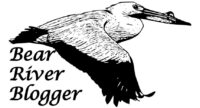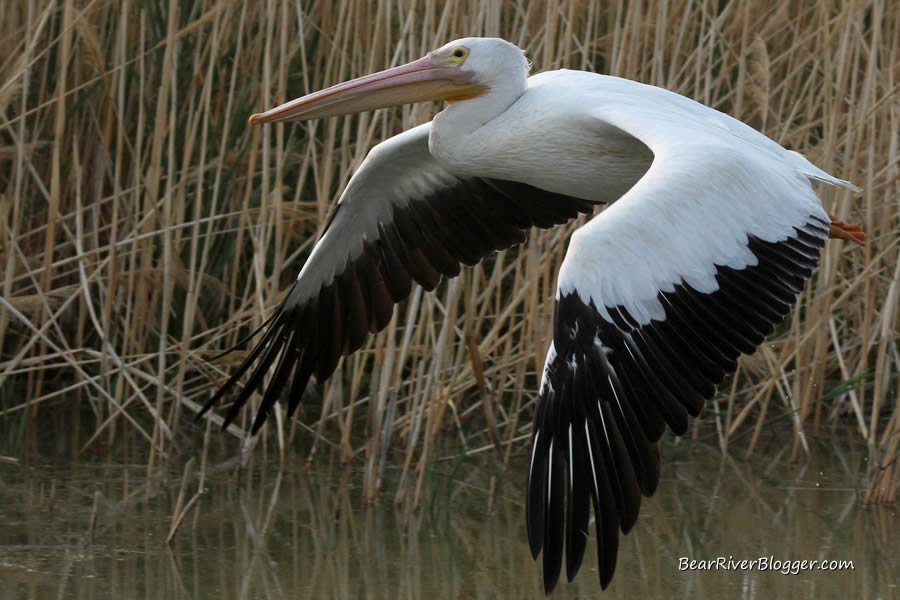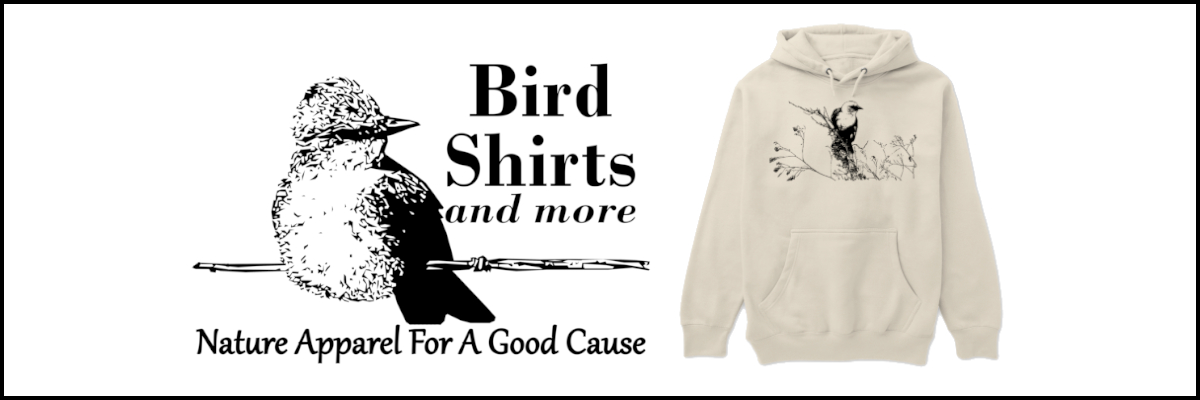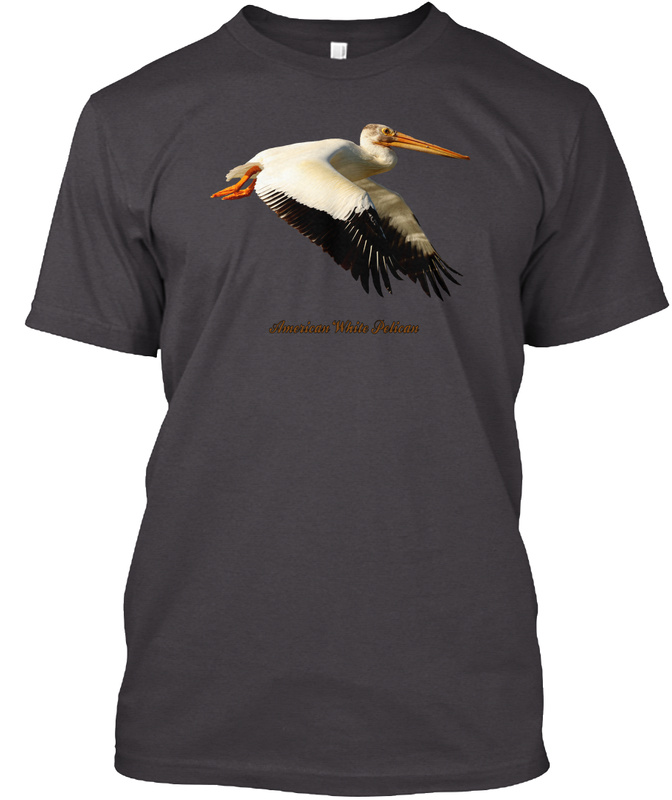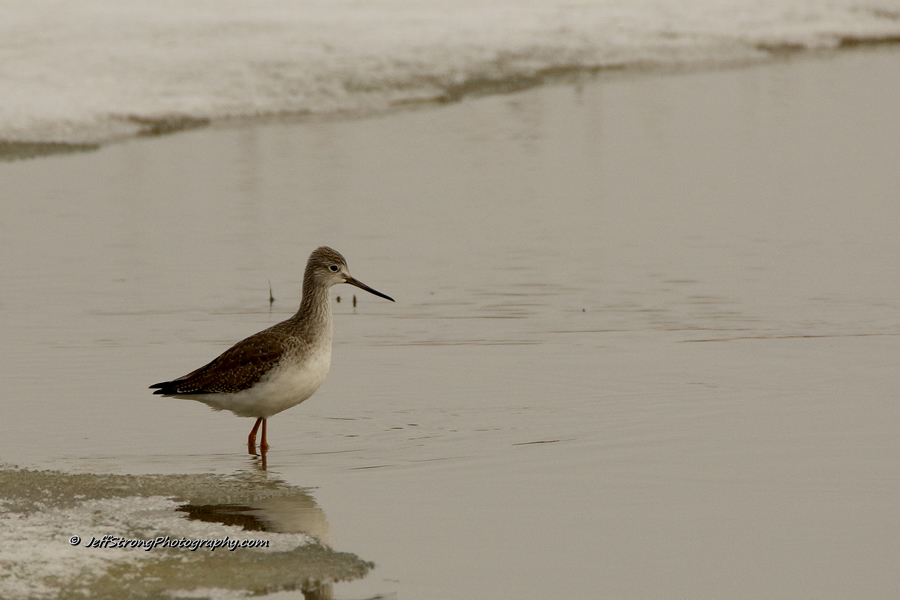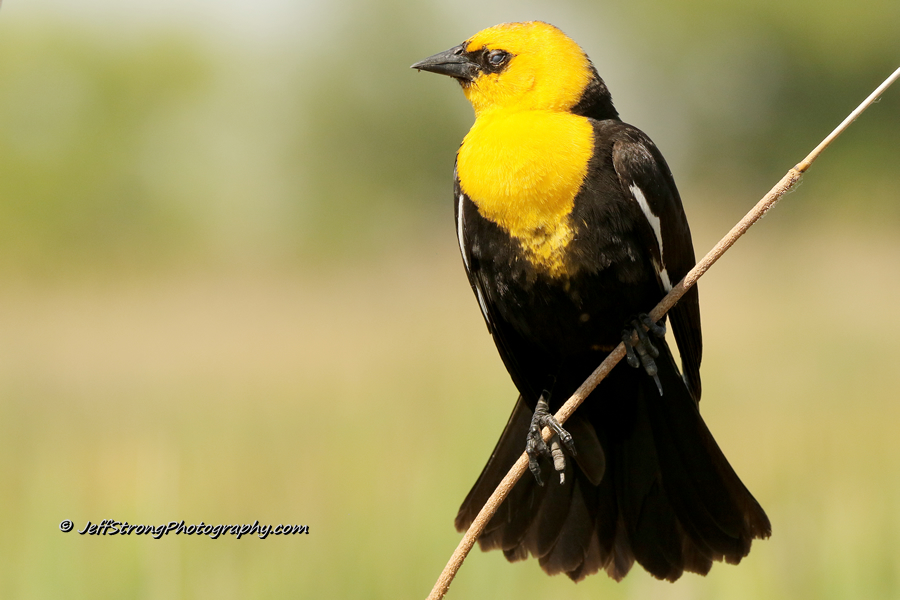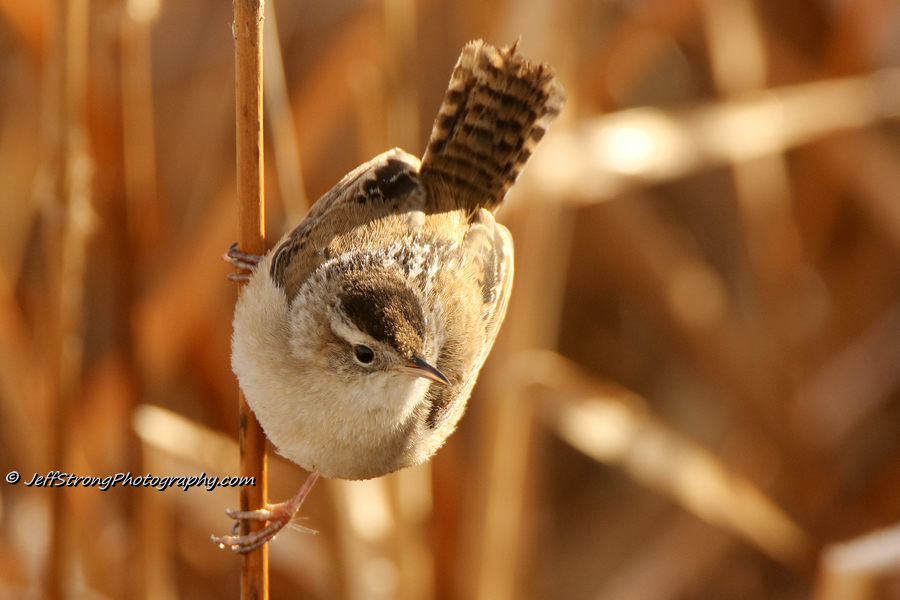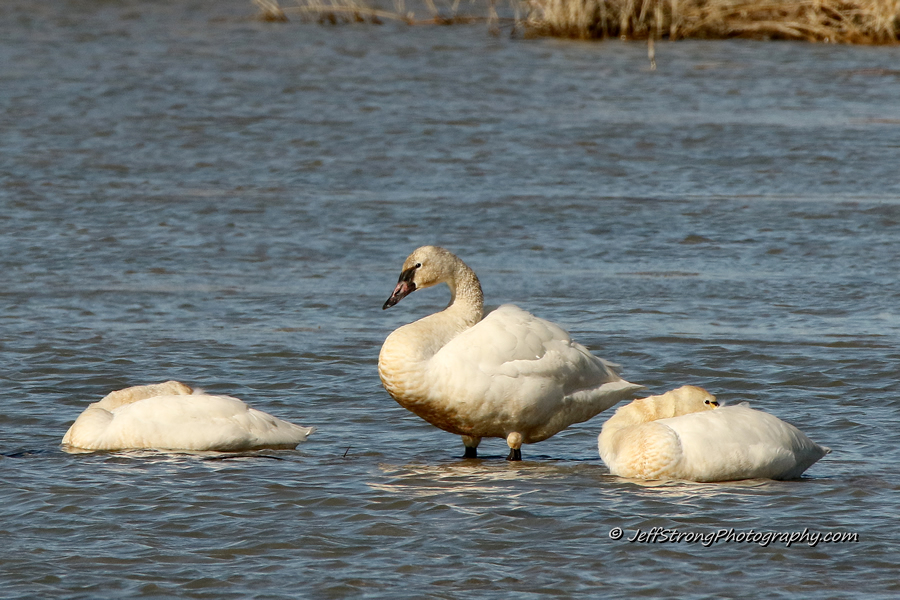As summer marches on, officially giving way to the onset of autumn in a couple weeks, the yearly spectacle of fall migration starts to creep into my mind.
Yes, somehow Utah has made it through yet another record-setting, hot and dry summer, and birds are starting to group up and head south for the winter.
The graceful American white pelican will be one of those birds that will soon be gone for the year, but there is still time to see pelicans, if, of course, you are getting the itch to do so, that is.
I actually woke up with that particular itch this very morning, if truth be told.
So much so, even before I had anything for breakfast, I grabbed the camera bag and headed out to my best pelican go-to spot to try and scratch that itch, the Bear River Migratory Bird Refuge auto tour route to be more precise.
I am very glad I did for two reasons, one being, of course, I found a few pelicans to watch as well as to photograph.
But I always expect to see and photograph pelicans on my trips to the refuge during summer so that wasn’t a big surprise by any means.
The other reason, one that will hopefully be highlighted in an upcoming blog post, is I had the opportunity to meet Aimee, a promising 3rd year Ph.D. student from Utah State University studying the American white pelican.
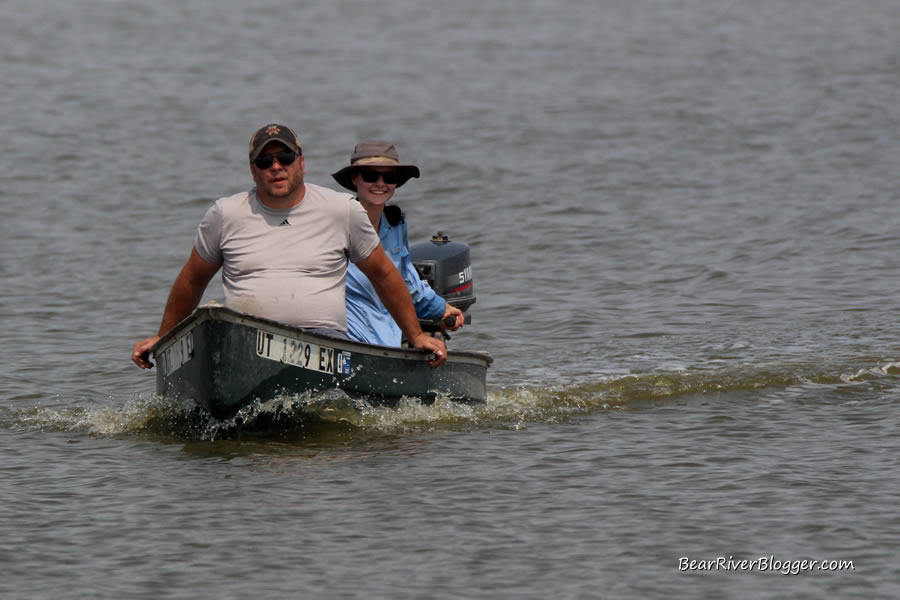
Without going into too much detail here, as I hope to catch up with her again in the coming weeks for more information for a blog post regarding her research, Aimee was working on trapping pelicans to attach satellite transmitters in order to track pelican migration and movements.
Pretty darn cool if I do say so myself because pelicans are such fascinating birds when it comes to migration.
And adding to the pool of satellite-tracked American white pelicans (known as PeliTrak) only helps us understand more fully when and where pelicans migrate to and from and what areas might need protecting along their long and sometimes unexpected courses of travel.
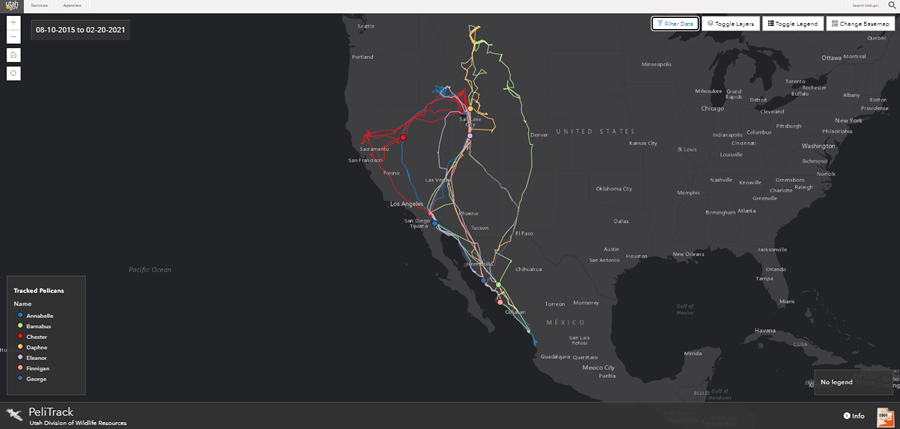
But as mentioned before, I hope to delve into this a bit deeper in a future blog post so let’s get back to pelicans on the refuge for now.
Utah has the third largest breeding colony of American white pelicans in North America.
Sometimes as many as 20,000 pelicans have been found living and breeding for part of the year on Gunnison Island, a small island in the far northern arm of the Great Salt Lake.
Gunnison Island is, however, off-limits to the public in order to protect this vital and usually productive pelican rookery, meaning you and I will never have the opportunity to visit the island, unfortunately.
Yeah, I know. It bums me out too.
But it’s for the best to leave the pelicans alone during the breeding season and just enjoy them on the nearby Bear River Bird Refuge, wherein some years I have actually seen thousands of pelicans at once in numerous large pods fishing in the shallow waters of the refuge.
I say “usually productive” because this pelican breeding success story is in danger of changing, however, as the Great Salt Lake keeps drying up and exposing the small island and its nesting pelicans to land-based predators such as coyotes, but more about that in a future blog post.
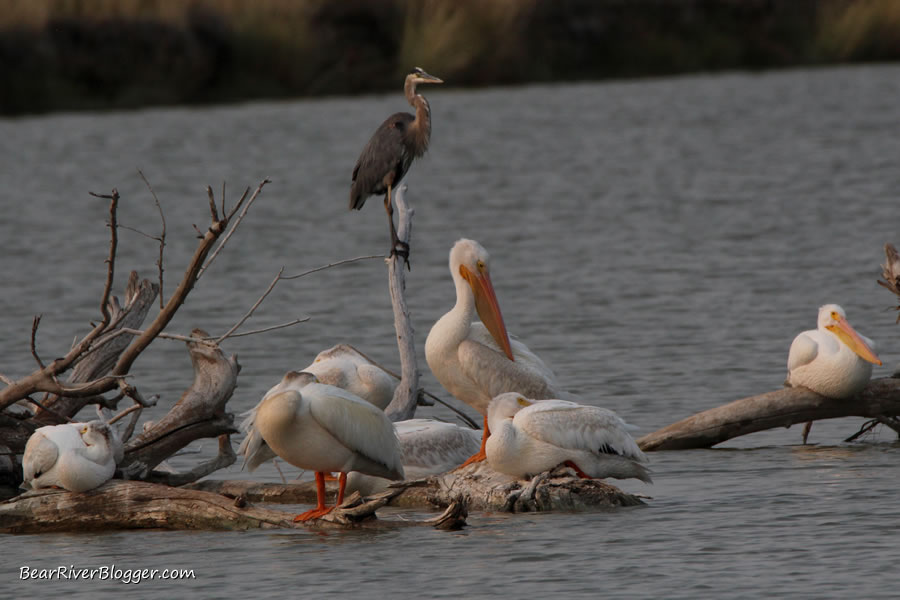
Thousands of American white pelicans live in and are found throughout much of Utah during spring, summer, and fall, but most of these graceful birds are located on the marshes of the Great Salt Lake and Bear River Bird Refuge.
Contrary to what some people believe, the American white pelican isn’t rare at all but quite commonly found in northern Utah during summer, largely due to their yearly trek to breed on Gunnison Island.
The best place to find pelicans is the Bear River Migratory Bird Refuge auto tour route as the refuge is a major feeding and roosting location for pelicans that live and breed on the nearby Gunnison Island.
During the summer months, like today, for example, pelicans are routinely found roosting along the Bear River itself and on the edges of the large refuge impoundments.
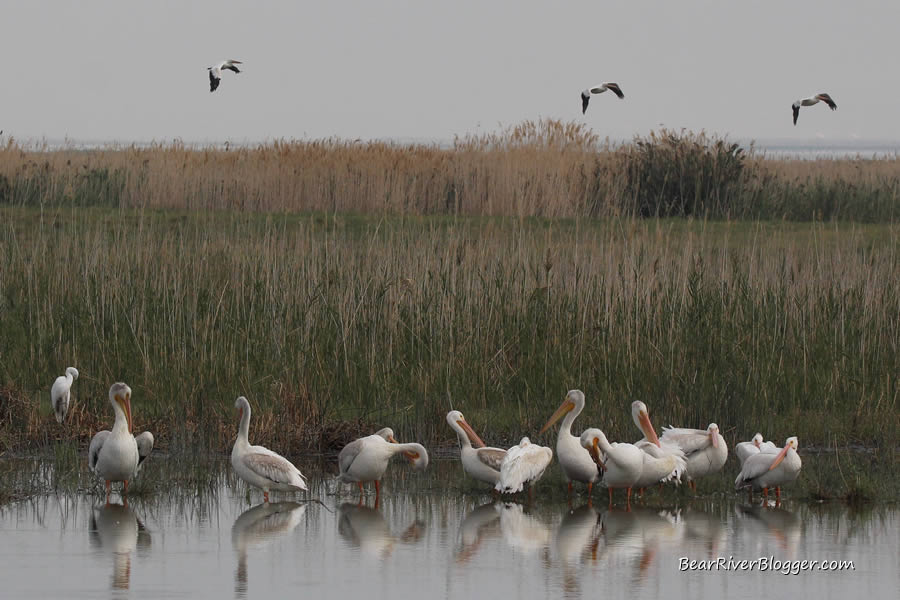
Pelicans are also quite common along the refuge auto tour loop in the adjacent canals and nearby marshes where they group up in pods and systematically search for fish in these shallow waters.
Farmington Bay WMA is also another great location I find pelicans during spring, summer, and the early part of fall.
I was out there last week, in fact, and several small groups of American white pelicans were just inside the main gate, loafing about 100 yards east of the asphalt road.
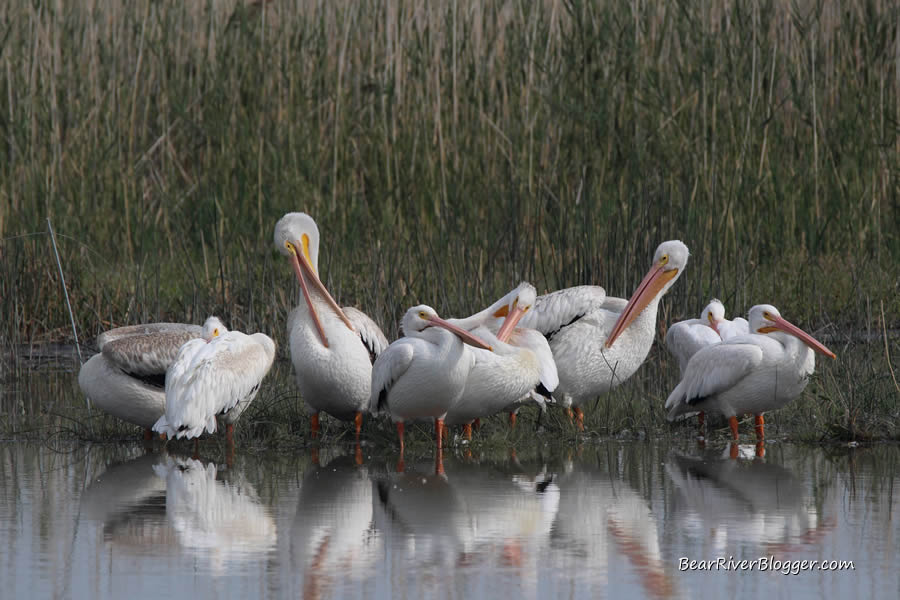
Bird watching for the American white pelican is quite easy in Utah as thousands of pelicans live in Utah for the spring, summer, and early fall seasons.
The best two locations I have found to not only watch but photograph pelicans in Utah are, without a doubt, the Bear River Migratory Bird Refuge and Farmington Bay WMA, with the Bear River Bird Refuge being my favorite and also my most visited place for pelicans, by far.
If you are a bird watcher like I am, I offer you to subscribe to my blog for email notifications regarding future blog posts. I appreciate your readership and support for our website.
Birding Apparel
American white pelican t-shirt. Use promo code save20 for 20% off this and all items in our online store Bird Shirts and More.
We appreciate your support for our website. Click the image for more information about this particular shirt or to make a purchase.
